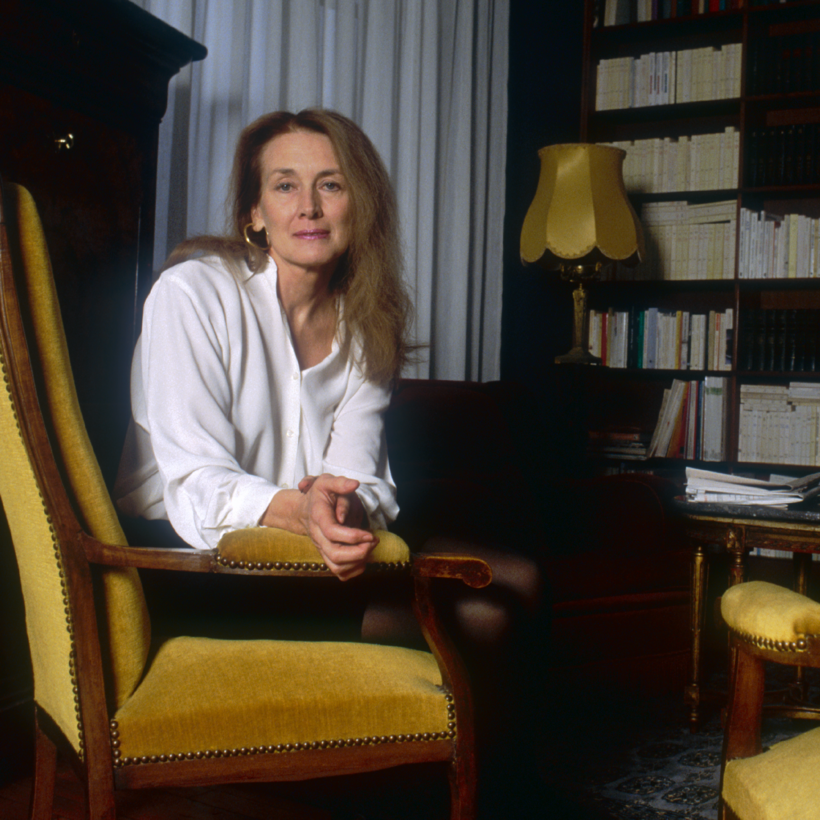Reading for this review was my first encounter with Annie Ernaux, the celebrated French memoirist now in her eighties. She has long been a literary sensation in France. When Simple Passion, her account of an affair with a younger man, was published in 1991, it sold 200,000 copies in two months. Now English-speaking readers are catching on, alerted by her International Booker prize short-listing for The Years in 2019.
What a pleasure to discover her startlingly original oeuvre. The Years (published in France as Les Années in 2008) is a fine place to start. It is a memoir unlike any other, beginning in 1940, when Ernaux was born, and finishing around 2006. The focus is not on the author but the years she lived through: changing cultural obsessions, values, technologies. Told largely in the first person plural, it is like one of those long Chinese paintings, a grand, frieze-like scroll with regular glimpses of the author’s tiny figure in the crowd.
Ernaux also does a great line in miniatures. A Woman’s Story (1987) is an exquisitely concentrated portrait of her mother, from rural, working-class girlhood in Normandy to her last years, which were blighted by Alzheimer’s. Happening (2000) describes the illegal abortion Ernaux had in 1963. Simple Passion distills the essence of debilitating sexual obsession into 56 scorching, shameless pages.
Turning to Getting Lost (published in 2001 in France as Se Perdre and translated by Alison L Strayer), I looked forward to peeking behind the scenes of Simple Passion. The new book is the diary Ernaux kept during her 18-month affair with “S”, a 35-year-old Russian diplomat in Paris.
Ernaux was 48. Her lover was married, so the affair was secret. Ernaux kept herself free, waiting at home for his call, ready in case he dropped round for sex. “He promised nothing, and all I ask for is beauty.” “S”, although beautiful, was a heavy drinker obsessed with designer clothes and fast cars; he was also anti-Semitic and in favor of the death penalty and laws against homosexuality in the USSR. Each time he left he took Ernaux’s open pack of cigarettes with him.
Getting Lost is four times as long as Simple Passion. You will find a few extra details — such as Ernaux finding her contact lens on S’s penis and thinking of Zola losing his monocle between the breasts of women. Yet mostly she describes herself waiting in agony for him to arrive, then lamenting his departure and fretting that the affair is over until his next call. “This is a notebook full of sorrow, with a few glimmers of wild delight.” In between she describes her dreams, which are not interesting.
Ernaux is your boring friend who can’t stop asking you when you think he’s going to text and what his last message could possibly have meant. It’s a diary, so it’s necessarily shapeless: the hunks of greasy wool that she would so expertly weave into the beautiful objet of Simple Passion. Perhaps die-hard fans will welcome this addition to the canon, but I couldn’t help wishing Getting Lost had stayed in the archive. If you’re new to her work, start elsewhere.
Getting Lost, by Annie Ernaux, is out now from Seven Stories
Claire Lowdon is an assistant editor at Areté magazine

